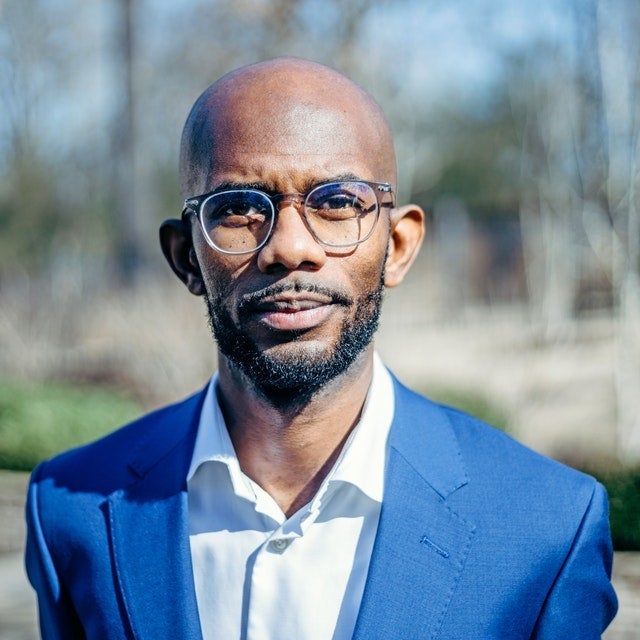UCLA Professor of Education Eddie R. Cole has published an op-ed in The Los Angeles Times on the recent and greater demands for racial justice in the wake of the killing of George Floyd and other African Americans through police brutality. The piece, which shines a light on the reinforcement of racist norms by American colleges and universities, discusses how overdue changes in naming facilities are too little, too late and that institutions have a long way to go in truly addressing systemic racism.
“Clemson University trustees recently voted to remove Calhoun’s name from its honors college, and there are current demands to rename Iowa State University’s Catt Hall and Indiana University’s Jordan Hall, named after an ISU alumna and a former IU college president who had espoused racist views,” writes Cole in The Times. “These are long overdue physical changes to campus buildings, but they will mean very little if campus leaders fail to also address racist operational structures, such as policies and practices that guide how institutions function.”
Cole addresses the history of college access, which reveals evidence of racialized practices that would have kept many Black Americans from reaching their academic potential.
“Black veterans were denied the full benefits of the Servicemen’s Readjustment Act of 1944, known as the G.I. Bill, including limited access to some educational programs during the postwar college enrollment boom,” he states in the op-ed. “The California Master Plan for Higher Education of 1960 further compounded the access problem for Black students, with its stricter admissions standards for the University of California system, for example.
“That plan eventually passed despite public concerns over its effects. Scholars like Noliwe Rooks and Martha Biondi have documented how Black enrollment declined between 1960 and 1968 on California’s public four-year campuses, largely limiting them to the state’s two-year colleges. San Francisco State University’s Black enrollment, for example, dropped from 12% to 3% in that short period.”
Cole states that while efforts to provide focused initiatives for Black students and professional development for Black faculty were meant to salve the problems, “… the momentum behind the idea of broader transformation stalled.”
“Expressing concern about collaborating with Black colleges, in March 1964, University of Wisconsin President Fred Harrington said he assumed desegregation would negate the need for Black colleges,” writes Cole. “Soon the systemwide changes applicable to all higher education institutions were replaced by the largely symbolic effort to enroll a limited number of Black students at select majority-white campuses.
“College presidents today are, once again, making symbolic proclamations, by saying “Black Lives Matter” and removing racist names. But without operational changes, colleges will remain ingrained with racism — whether offensive names on physical structures remain or not.”
Cole joins UCLA this month as an associate professor in the division of Higher Education and Organizational Change. He is the author of the forthcoming book, “The Campus Color Line: College Presidents and the Struggle for Black Freedom.”
Professor Cole’s research focuses on college presidents’ historic role in shaping racial policies and practices both inside and outside of the educational sphere. As a scholar of higher education history, Professor Cole’s approach in covering historical material and making connections to the current, critical context has garnered respect and praise from academics as well as intellectuals and activists beyond the academy. His finesse in using extensive, historical materials to address contemporary racial issues in higher education demonstrates the role of higher education in influencing all aspects of American life.
Cole received the 2018 Early Career Award from the Association for the Study of Higher Education and was named a 2017 Mellon Emerging Faculty Leader Award from the Woodrow Wilson National Fellowship Foundation, which recognized him as a professor poised “to play a significant role in shaping American higher education.” He was awarded a 2015 National Academy of Education/Spencer Foundation Postdoctoral Fellowship, and research fellowships and grants from Princeton University and the University of Chicago. He was a Dean’s Distinguished Visiting Fellow at the Harvard Graduate School of Education.
To read the op-ed by Professor Cole, “Colleges have a lot to answer for – beyond racists’ names on their buildings,” visit The Los Angeles Times website.
Photo: Princeton University Press
